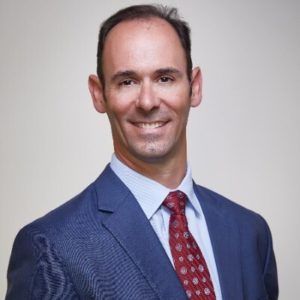A genetic cause
A year ago my new oncologist suggested I have genetic counseling to see if I was a candidate for the blood test to determine if I have the breast cancer gene mutation. At first I did not want to have it done. But, when my oncologist asked this past spring, I decided to do the family history and have the test. .
I had one appointment in early August to see the genetic counselor. After we discussed my family's cancer history, I had a simple blood test. Three weeks later the genetic counselor called to say I am positive for the BRCA2 gene mutation. Since the gene mutation does not allow my body to fight breast cancer, I have a 40 to 80 percent chance of getting it. After three incidents of breast cancer, I wondered if I had it. But, the only way to know for sure was to have the genetic blood test.
The genetic counselor said she would send information regarding the test and my being BRCA2 positive, which I can modify and send to both sides of my family. My family history suggests that the gene mutation could have come from my father's side of the family. Even though my mother died of breast cancer, we have no evidence of breast cancer in the rest of her family.
My father's family has a varied cancer history. His father, three brothers, two sisters, a daughter (me), a niece and her daughter had cancer—four were breast cancer cases.
At 42 I had my first breast cancer incident in my left breast followed by lumpectomy, chemo and radiation. My oncologist said being BRCA2 positive suggests a left mastectomy to optimize my prognosis for survival. I have not considered mastectomy because at age 67 it would be more difficult than it would have been a few years ago.
Without surgery, my oncologist recommends a left breast ultrasound every six months instead of once a year, and checkups with my oncologist every six months.
When I told women I have the BRCA2 gene mutation, they did not know what to say. The only comment was from an aide who said: "I would not want anyone to ever get breast cancer." From my experience, I know most women fear breast cancer, which makes it a difficult subject to discuss.
I can share my news with my father's side of the family by e-mail. However, because I have lost contact with my mother's side, I do not know how to contact them. I have tried for years to locate them on the Internet but have been unsuccessful. I guess families do not realize that learning the medical history of their cousins might be helpful.
I had the test to help my sister and her daughter. My sister has a 50 percent chance of having the same gene mutation. My sister's daughter's chances of having BRCA2 are less. Women without the breast cancer gene mutation have a 12 percent chance of getting breast cancer. The only way for my sister and her daughter to know their risk is to have the genetic blood test.
The test was expensive and Medicare paid for it. I may never know if having it done helped anyone in my immediate family. But, it did answer my "Why me?" breast cancer question.
I Advance Senior Care is the industry-leading source for practical, in-depth, business-building, and resident care information for owners, executives, administrators, and directors of nursing at assisted living communities, skilled nursing facilities, post-acute facilities, and continuing care retirement communities. The I Advance Senior Care editorial team and industry experts provide market analysis, strategic direction, policy commentary, clinical best-practices, business management, and technology breakthroughs.
I Advance Senior Care is part of the Institute for the Advancement of Senior Care and published by Plain-English Health Care.
Related Articles
Topics: Clinical











